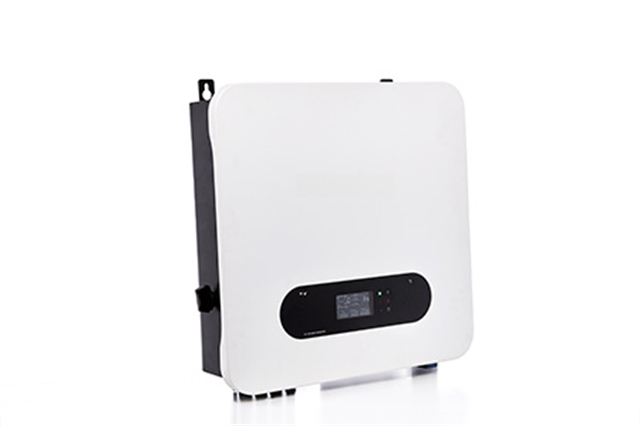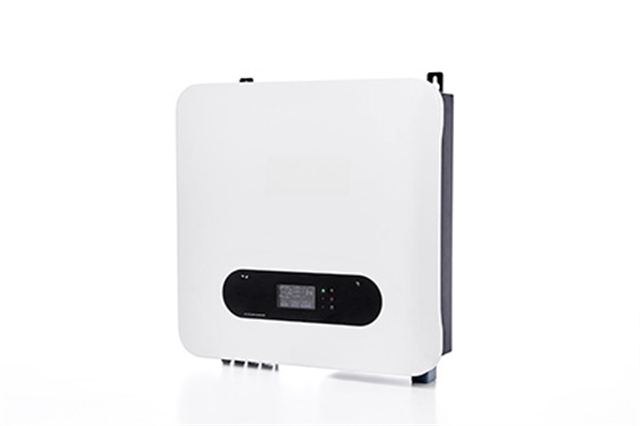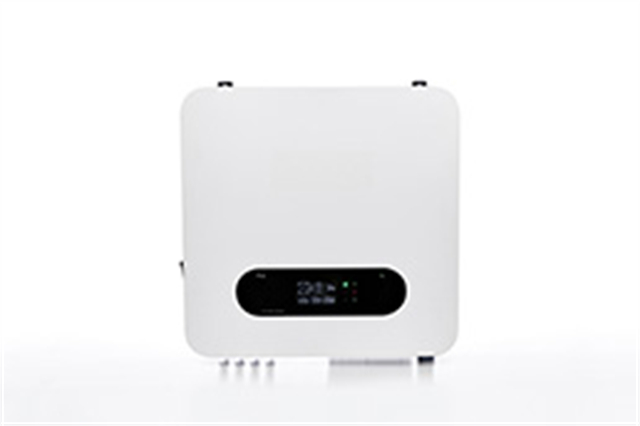Author:BLD Solar Energy SystemFROM:Solar System Converter Manufacturer TIME:2023-10-09
How to Choose an On Grid Micro Inverter

When it comes to installing a solar energy system, one of the key components you need to consider is the inverter. An on-grid micro inverter is an essential part of the system that converts direct current (DC) electricity generated by the solar panels into alternating current (AC) electricity used in homes or businesses. Choosing the right on-grid micro inverter is crucial for ensuring the efficiency and performance of your solar power system. In this article, we will discuss how to choose the best on-grid micro inverter for your needs.

The first step in choosing an on-grid micro inverter is to determine your power output requirements. Consider the total capacity of your solar panels and the maximum power output you expect from them. This will help you select an inverter that can handle the required power load. Make sure to choose an inverter with a slightly higher capacity than your anticipated power output to accommodate any future expansion of your solar system.

Efficiency is a critical factor when selecting an on-grid micro inverter. Higher efficiency means more electricity conversion from DC to AC, resulting in increased overall system performance. Look for inverters with high peak efficiency ratings and low standby power consumption. This will ensure that your solar system operates optimally and maximizes the electricity generation potential.
Another important aspect to consider is the warranty and reliability of the on-grid micro inverter. A longer warranty period indicates the manufacturer's confidence in the product's durability and performance. Check for warranties that cover both the inverter unit and its accessories. Additionally, read customer reviews and ratings to gauge the reliability of the inverter brand you are considering.
Monitoring and communication capabilities are crucial for tracking the performance of your solar energy system. Look for on-grid micro inverters that come with monitoring software or integrated communication features. These features allow you to monitor the energy production, detect any issues or faults, and optimize the system's performance remotely. Choose inverters that offer user-friendly interfaces for seamless monitoring and control.
Ensure that the on-grid micro inverter you choose is compatible with your existing or planned solar panels. Different inverters support different panel technologies and voltages. Check the specifications and requirements of the inverter to match them with your solar panel system. Choosing an incompatible inverter can lead to performance issues and potential damage to your solar equipment.
The ease of installation and maintenance should be considered when selecting an on-grid micro inverter. Look for inverters that come with comprehensive installation guides, user manuals, and technical support. Ease of maintenance is also crucial as regular inspections and servicing may be required. Opt for inverters that have accessible components and are designed for simple maintenance procedures.
Price is an important factor when choosing an on-grid micro inverter, but it should not be the sole determining factor. Compare prices from different manufacturers and assess the overall cost-effectiveness of the inverter. Consider the warranty, efficiency, reliability, and suitability for your specific requirements. Investing in a high-quality and efficient inverter may save you money in the long run by maximizing the energy production and reducing maintenance costs.
Finally, if you are unsure about the technical aspects or the specific requirements of your solar energy system, it is advisable to seek professional advice. Consult with solar energy experts or installers who can provide valuable insights and recommendations based on their experience and knowledge. They can help you choose the most suitable on-grid micro inverter that aligns with your energy needs and budget.
Choosing the right on-grid micro inverter is essential for the optimal performance of your solar energy system. Consider your power output requirements, efficiency ratings, warranty and reliability, monitoring and communication features, compatibility with solar panels, installation and maintenance process, cost-effectiveness, and seek professional advice when needed. By carefully evaluating these factors, you can select an inverter that meets your expectations and enables you to make the most of your solar power investment.
